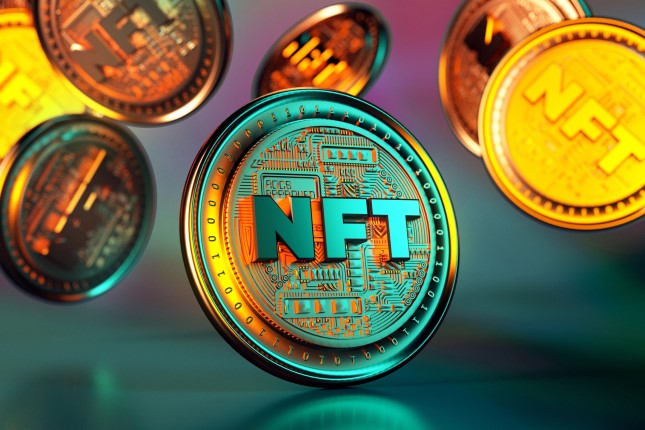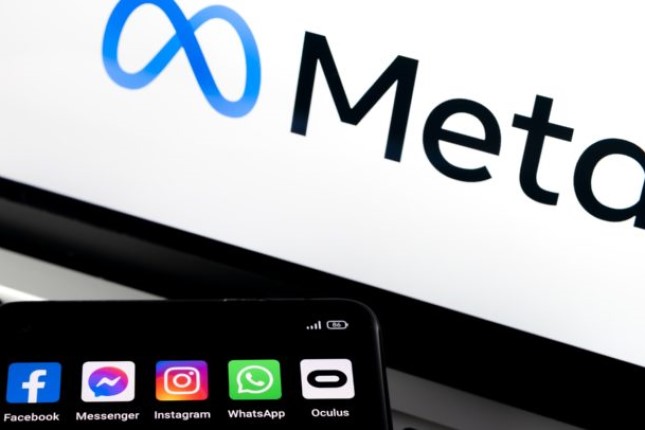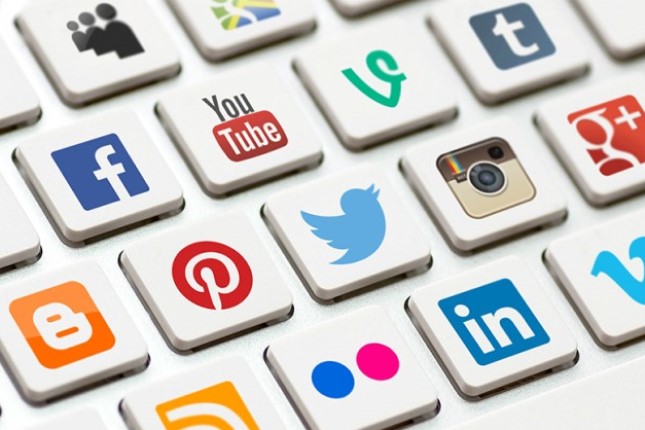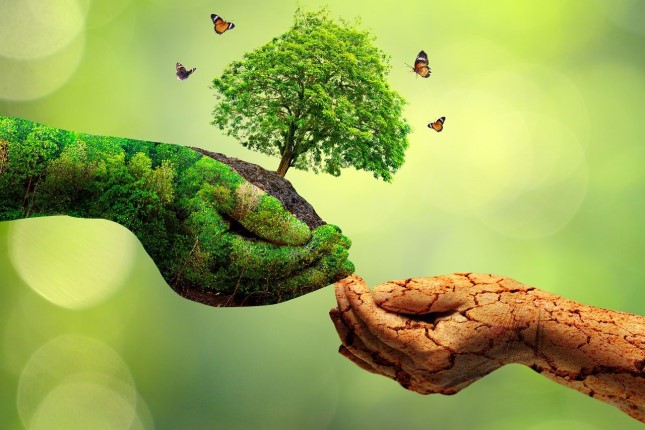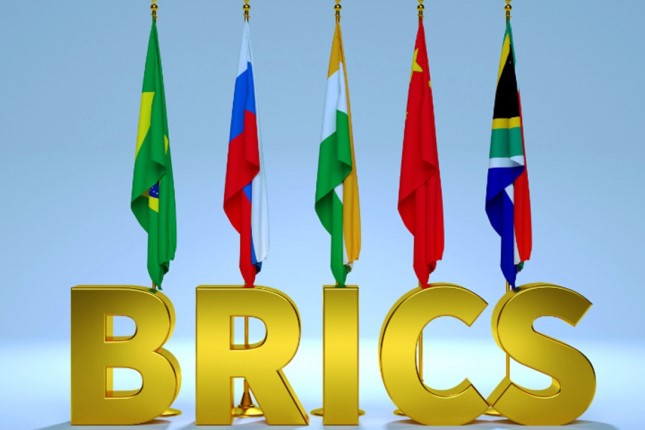A man covers his eyes, and the audience sees a kaleidoscope of images flickering on the back of his eyelids. A swarm of ants is scurrying over naked flesh. Yellow stamens are stiffening inside flower buds. A woman's face is reaching towards a phallic tower while a monstrous grasshopper is biting into the lips of a human face. This is a description of The Great Masturbator, a painting completed by Salvador Dali in 1929. It is believed that The Great Masturbator expresses the artist’s personal fear of physical intimacy and explores the boundaries of unsatisfied libido. The surrealist canvas depicts a closed cycle of lust, guilt, and shame, a cycle in which disgust is inseparable from pleasure.
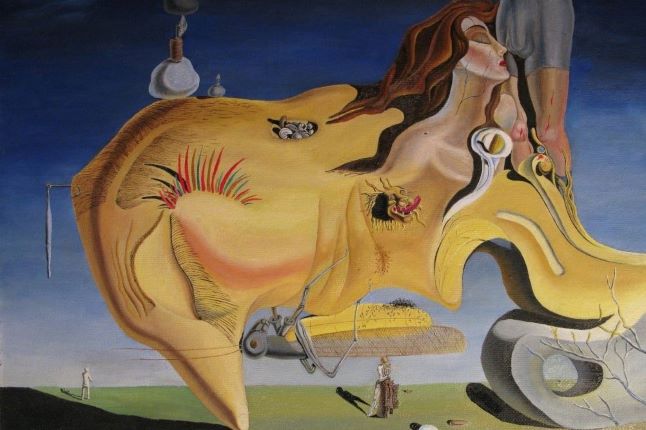
Nowadays, people seem to have fewer reasons to feel guilty about their desires. They also have more means at their disposal to satisfy these desires. It appears that instant gratification has become the most important maxim of modern Western civilisation. Interestingly enough, this is not due to the 1960s sexual revolution, feminists, or LGBT activists. This phenomenon is mainly down to the development of electronic commerce and streaming services. In other words, the cultural shift is driven by economic considerations, namely by the business models used by tech companies.
Fragmentation of supply has been a key trend in most consumer markets since the 1990s. With its underlying principles of decentralisation and diversification, the Internet has made it possible not only to collect and process vast amounts of dissimilar data but also to manage this information systematically by improving targeting mechanisms. IT giants such as Amazon, Ebay, Youtube, and Netflix have been particularly successful at implementing a marketing strategy that Chris Anderson called The Long Tail.
One of the "insights" of Internet entrepreneurs is that the number of niche products is so great that they can collectively make up a market that rivals or exceeds the market share of just a few more popular items. All that a web platform needs to do is connect producers of niche products with fragmented consumers by streamlining supply channels and distribution networks. In other words, the key is to provide standard tools in order to meet unique needs.
Historically, businesses made money on best-selling items and, as a consequence, were interested in standardising their consumer offering. Corporations had to convince buyers that all of them wanted the same thing – to drink Coca-Cola, wear Levi's jeans or use Max Factor red lipstick. Just like the religious institutions of the past, traditional businesses set the only conventional type of desire, and defined the only approved way of satisfying it.
Digital platforms, however, are sending a fundamentally different marketing message. In addition, they are shaping radically different consumption patterns. Take Amazon, for example: it doesn't really matter what item you want to buy – the most advanced smartphone or handmade sulfate-free soap. The main thing is to make you want this item.
As for Netflix, it doesn’t matter what you are going to watch – the hit series Stranger Things or Bad Cop, a little-known South Korean action film. The main thing is to keep you watching. That is why big tech is bombarding us with the following messages: "Be yourself. You are special. You are like no other." In a way, tech giants encourage us to indulge in any extravagant desires, promising to satisfy our most bizarre fantasies. Most importantly, they guarantee gratification here and now, that is an instant consumer orgasm.

Social networks are creating similar behavioural patterns by providing people with standardised ways of expressing their uniqueness. No matter how unconventional, creative or stylish you are, in the end your unique personality will be packaged as a typical Instagram feed split into identical squares.
E-commerce and streaming platforms manipulate what we desire, urging us to keep stimulating our pleasure centers. Considering their narcissistic obsession, social networks, in contrast, tend to segment and commodify people. To put it differently, as other people turn into commodities, our desire becomes focused on ourselves. Consequently, our libido is trapped in a cycle of continuous self-satisfaction.
The notion that collective masturbation is the dominant form of sexuality in modern atomic society has been formulated by Slavoj Žižek. He argues in his book Violence that sex in the 21st century has become the "solipsistic pleasure" of the Internet surfer immersed in the global communication network.
Actually, this is more than just a point of view. According to the National Survey of Sexual Health and Behavior in the United States, there has been a steady decline in all types of sexual activity with partners over the past ten years. European researchers have also reported similar data. At the same time, statistics show that more people are willing to admit that they engage in masturbation. Moreover, many respondents say that self-satisfaction helps them to cope with pressure associated with gender stereotypes and exaggerated erotic expectations.
Indeed, destigmatising masturbation is one of the main achievements of sexual education. Adolescents in Victorian England were tied to their beds at night, and in the 19th century doctors spared no effort to invent effective remedies for masturbation, ranging from corsets to surgery. The 20th century finally saw the removal of the centuries-old taboo on masturbation. When people got the right to self-satisfaction back, it was seen as an important humanistic and democratic victory. Essentially, people took control over their bodies away from repressive institutions, reclaiming their sovereign right to experience orgasms.

Owing to the tech-driven principle of instant automatic gratification, the 21st century is probably a good time to reconsider the status quo in a new light. What seemed to be a right has turned into a need programmed by IT platform algorithms. There is growing evidence that people are increasingly afraid of physical and emotional intimacy: birth rates decline, psychotherapy sessions multiply, and geek culture flourishes.
Generally speaking, relationships are viewed as toxic and traumatic. This perception has been portrayed in different yet equally convincing ways in such films and TV series as Gone Girl by David Fincher, The Big Bang Theory, Fleabag and Sex Education. In this context, masturbation seems not just an extra option but the preferred and most sensible choice. However, there is one other thing that we need to take into account: the pleasure of self-satisfaction is not just guaranteed and safe but it is also completely sterile. Autoerotic fantasy is risk-free but it is totally barren. What’s more, it is not us who has control over our desires. Digital capitalism – this "Great Masturbator" – wants us to keep our eyes closed as long as possible, without interrupting the comfortable serenity of a collective erotic dream.






